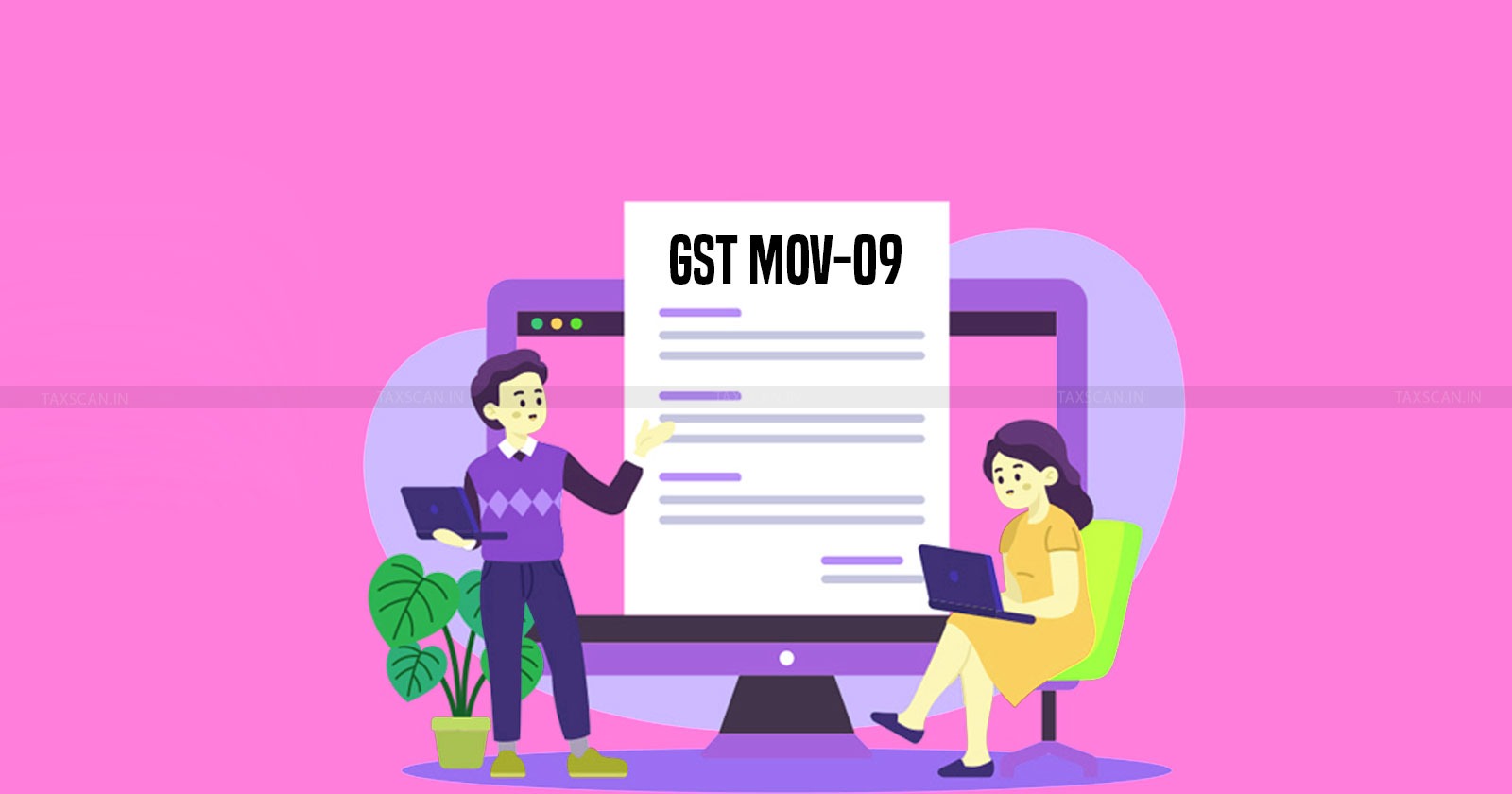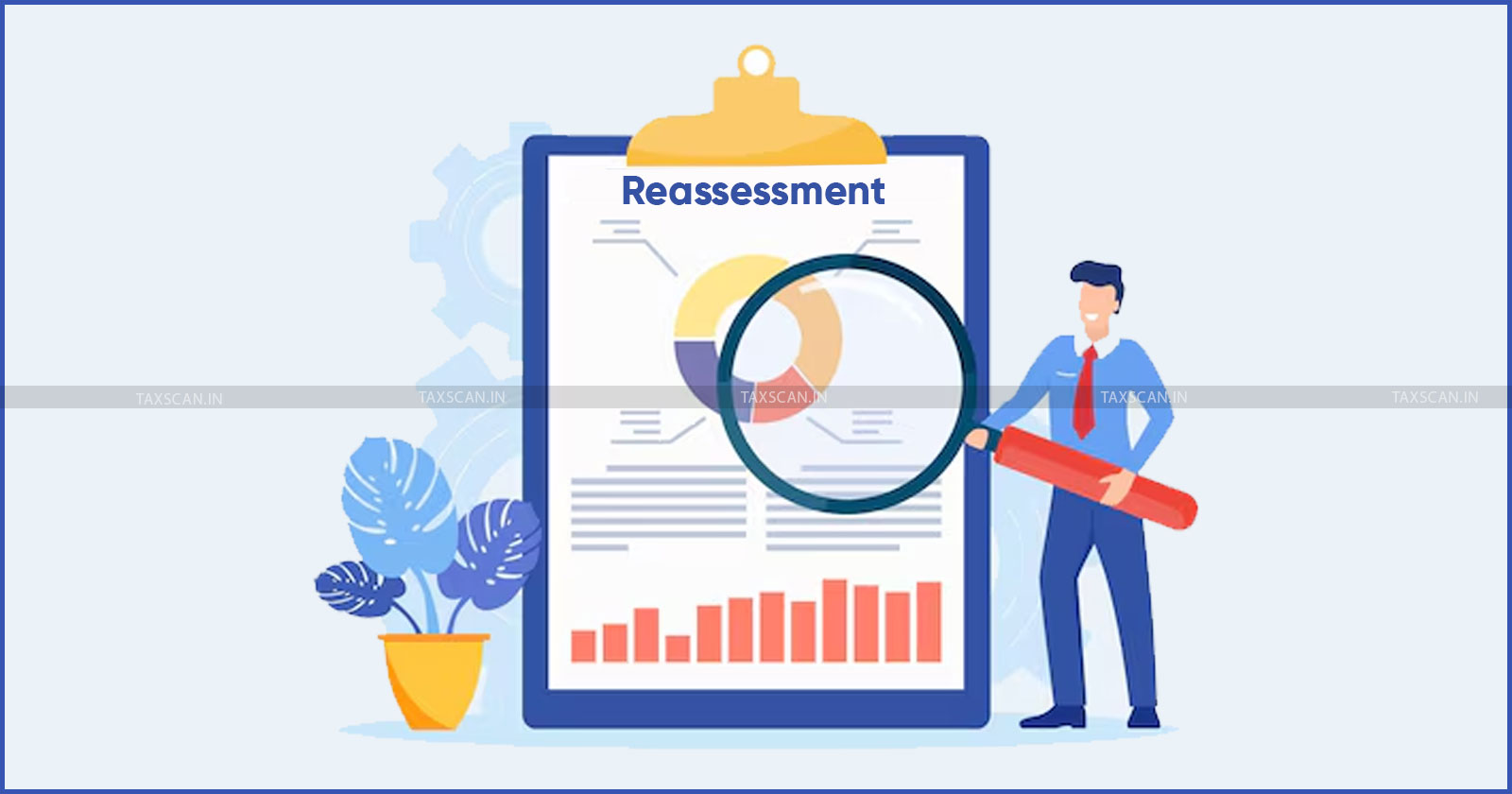Heavy Penalty in GST ITC Fraud Case and Hearing Concerns: Delhi HC Allows Appellate Remedy Without Limitation Bar [Read Order]
Considering the heavy penalty in the alleged ITC fraud case and the concerns raised over hearing opportunities, the Delhi High Court allowed the assessee to pursue the appellate remedy without the bar of limitation.
![Heavy Penalty in GST ITC Fraud Case and Hearing Concerns: Delhi HC Allows Appellate Remedy Without Limitation Bar [Read Order] Heavy Penalty in GST ITC Fraud Case and Hearing Concerns: Delhi HC Allows Appellate Remedy Without Limitation Bar [Read Order]](https://images.taxscan.in/h-upload/2025/11/20/2106768-gst-itc-fraud-penalty-taxscan.webp)
In a recent ruling, the Delhi High Court observed that an assessee facing a heavy penalty in an alleged ITC fraud case may pursue the statutory appellate remedy, and that such an appeal will not be rejected on the ground of limitation if filed by the time fixed by the Court.
The petition before the Court concerned proceedings initiated against the Samarth Traders (assessee) under the CGST Act, arising from allegations that it had availed fake Input Tax Credit from non-existent suppliers identified during an investigation conducted by the DGGI.
The adjudicating authority passed an order on 21 January 2025 confirming a GST demand of ₹1,33,94,470, imposing an equal penalty under Section 74, appropriating attached bank balances, and also imposing a separate penalty on the proprietor under Section 122(3) of the CGST Act.
 Also Read:GST Authorities Cannot ‘Shy Away’ from Issuing Form GST MOV-09 when Amount Paid under Protest or Not: Allahabad HC [Read Order]
Also Read:GST Authorities Cannot ‘Shy Away’ from Issuing Form GST MOV-09 when Amount Paid under Protest or Not: Allahabad HC [Read Order]
The petitioner approached the High Court challenging the order and contended that proper hearing opportunities were not granted. They argued that although a reply to the show cause notice had been submitted on 23 November 2023, the adjudicating authority completed the proceedings without giving a meaningful opportunity of personal hearing.
Understanding Common Mode of Tax Evasion with Practical Scenarios, Click Here
The respondent explained that summons had been issued and hearings were scheduled on several dates, and pointed out that the petitioner either did not appear or did not cooperate with the investigation.
The record showed that one representative had appeared in March 2022, but no appearance was made pursuant to hearing notices issued in December 2024.
 Also Read:No Satisfaction Recorded to Invoke S.153C under Income Tax: Calcutta HC Upholds S.147 Reassessment, Rejects assessee’s Jurisdictional Plea [Read Order]
Also Read:No Satisfaction Recorded to Invoke S.153C under Income Tax: Calcutta HC Upholds S.147 Reassessment, Rejects assessee’s Jurisdictional Plea [Read Order]
After examining the materials, the Division Bench of Justice Prathiba M. Singh and Justice Shail Jain observed that a substantial penalty had been imposed, and that the proper course for the petitioner was to pursue the appellate remedy under Section 107 of the CGST Act.
The court explained that if the appeal is filed on or before 15 December 2025 with the requisite pre-deposit, it shall not be dismissed on the ground of limitation and will be decided on merits.
The court permitted the petitioner to file the appeal within the extended time and disposed of the writ petition along with pending applications.
Support our journalism by subscribing to Taxscanpremium. Follow us on Telegram for quick updates


